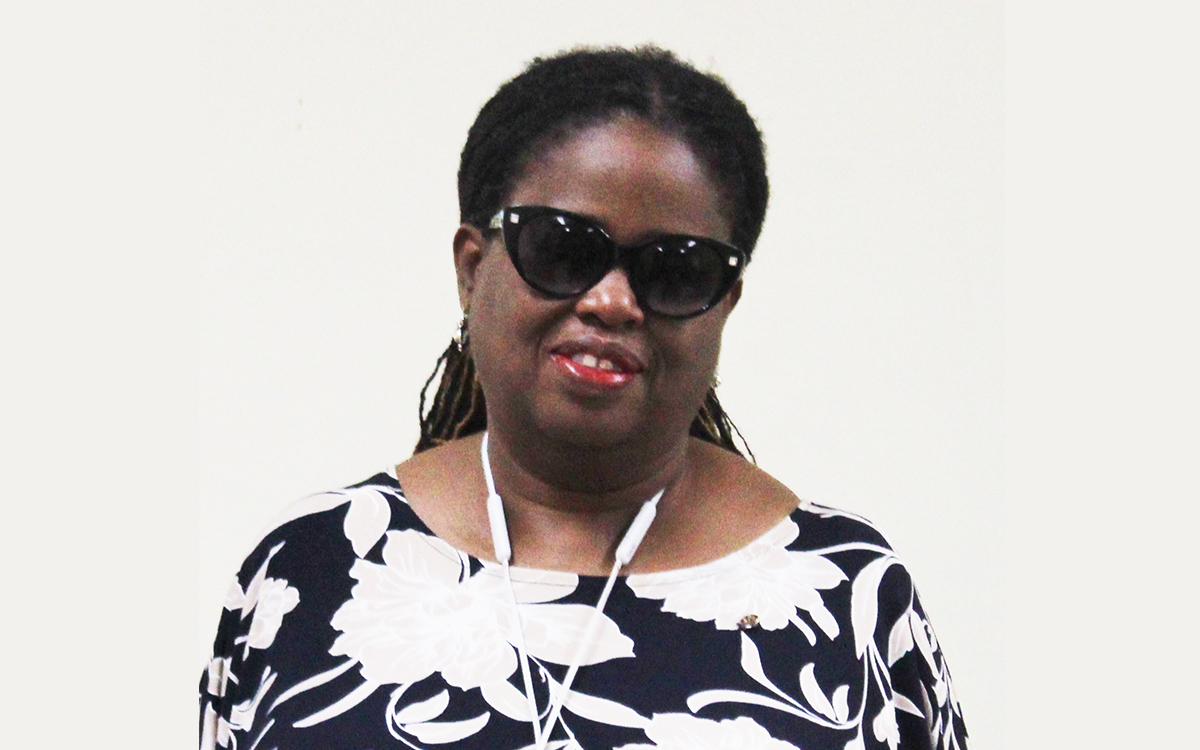Barbados Budget Includes Social Security Benefits Extension for People with Disabilities, Education Reforms Delayed

March 22, 2024
Barbados Council for the Disabled president Kerry Ann Ifill supports the extension of social security benefits for individuals with disabilities in the government's Budget announcement, emphasizing the need for inclusive policy changes.
The extension of social security benefits for people living with disabilities announced in the Budget has been declared a big win by Kerry Ann Ifill, president of the Barbados Council for the Disabled.
But the delay in implementing education reforms by at least another year also found support from the disabled community’s main spokeswoman, to give the government time to beef up education for children with disabilities.
Prime Minister Mia Mottley told the House of Assembly on Monday that current regulations limit access to non-contributory old age pensions for only “blind” and “deaf-mute” individuals over 18. She has proposed expanding these categories from October 1 to include conditions like cerebral palsy, multiple sclerosis, and autism, extending support to minors as well.
A grant provided for disabled minors will be 50 per cent of a non-contributory pension with a full pension for adults.
In welcoming the news, Ifill told Barbados TODAY: “I would like to say that the Barbados Council for the Disabled, we are extremely excited and pleased to learn of the inclusion of persons with disabilities in the Budget statement in this way. An expansion of the benefits has been something that we have been advocating for for some time, from the point of view that persons with a disability are an added expense, both to the persons to themselves [and] their family.
“Of course, we would want to see benefits continue to expand, as they see the impact and what it can do. We remain committed to supporting the government in its efforts, to ensure that persons with disabilities become more included across the board.”
Ifill also welcomed the announcement of six new buses over the next three years for the National Disabilities Unit, given the challenges that people with disabilities face in trying to arrange transport.
“At the Barbados Council for the Disabled, we provide heavily subsidised transportation for children to get to school. If our bus is off the road for a day or two, that has implications on the family because the bus breaks down, the child can’t go to school, childcare arrangements have to be made, [and] it’s not always easy to arrange it for children with different types of disabilities.
“When government expands its transportation programme, it means that more people with disabilities can have active participation in the community; they can have a life, the service can go beyond just taking you to medical appointments…. Our disability is not defined by only health considerations. There are many factors and aspects to our life,” Ifill said.
The council president added that while the Ministry of Education’s planned education reform has recently been pushed back to 2026 rather than 2025, she expressed hope that the extra time will be used to strengthen the relative teaching support needed in the education system for people with disabilities.
“There is no point putting a child with a disability into mainstream education and then they don’t have the relevant support,” she said. “So setting up learning support units in schools, teacher’s assistants, teacher’s aid, all of those considerations need to be part of a modern education system, as well as special education in of itself as is currently provided.”
shamarblunt@barbadostoday.bb


